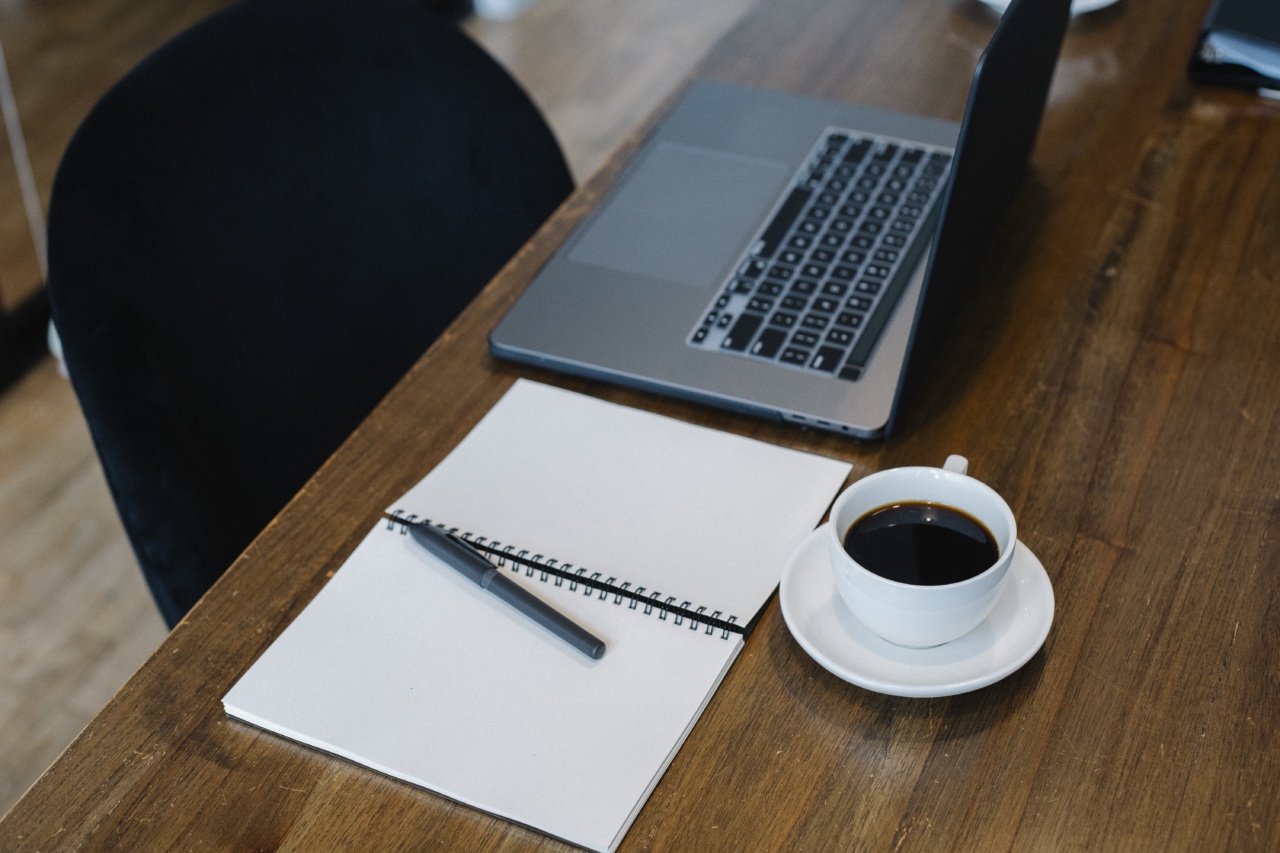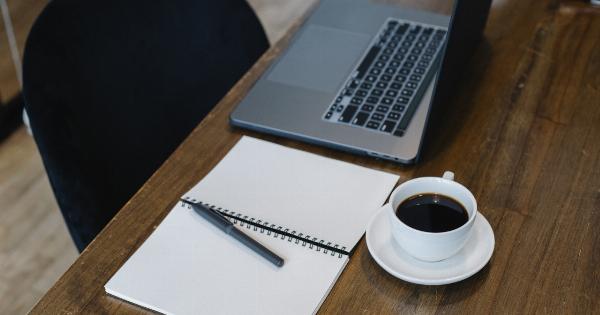In today’s fast-paced world, it is not uncommon for people to turn to energy drinks as a means of staying alert and focused.
With the long hours and high expectations of the modern workplace, more and more people are turning to these high-caffeine beverages to give them the boost they need to get through the day.
While energy drinks can offer a quick pick-me-up, they also come with a number of drawbacks that can impact your health and productivity in the office. Here are some of the major downsides of consuming energy drinks at work.
They Can Cause Jitters and Anxiety
Energy drinks are known for their high caffeine content, which can cause shaking, jitters, and anxiety, particularly in people who are sensitive to caffeine.
If you’re already feeling stressed or anxious at work, consuming an energy drink can make your symptoms worse, leading to even more difficulties in focusing and concentrating on your tasks.
They can Interfere with Sleep
Drinking an energy drink late in the day can disrupt your sleep cycle, leading to feelings of fatigue and drowsiness the next day.
This can cause a vicious cycle where you rely on energy drinks to wake up during the day, only to find yourself feeling groggy and unproductive the following morning. This can also lead to difficulty in concentrating and focusing on tasks at work, decreasing your overall productivity over time.
They Can Cause Dehydration
Many energy drinks contain high levels of sugar and salt, which can lead to dehydration if consumed in large quantities. This can cause you to feel more tired and less alert, leading to a decrease in productivity and focus at work.
Dehydration can also cause headaches, which can make it difficult to concentrate on tasks or to stay focused for extended periods of time.
They Have Been Linked to Heart Problems
In addition to the short-term side effects of energy drinks, there is also evidence to suggest that long-term consumption of these beverages can be harmful to your health.
Studies have linked regular energy drink consumption to heart problems, including an increased risk of heart attacks and other cardiovascular issues. This is due in part to the high levels of caffeine and other stimulants found in these drinks, which can put extra strain on your heart over time.
They Can Impact Your Mood and Mental Health
Consuming energy drinks regularly can affect your mood and mental health over time. Many people experience crashes after consuming energy drinks, which can lead to feelings of fatigue, irritation, and depression.
This can be especially problematic in the workplace, where negative moods can lead to decreased productivity and poor job performance. Additionally, energy drinks can cause changes in hormone levels, which can exacerbate pre-existing mental health conditions or lead to new emotional problems over time.
They Can Lead to Weight Gain
Energy drinks are often high in calories and sugar, which can contribute to weight gain if consumed in large quantities over time.
This is particularly problematic in the workplace, where many people lead sedentary lifestyles and may not be burning off as many calories as they consume each day. Over time, excess weight can lead to a number of health problems, including an increased risk of heart disease, diabetes, and other chronic conditions.
They Can Interact Negatively with Medications
Finally, it is important to note that energy drinks can interact negatively with certain medications, including antidepressants, blood thinners, and other prescription drugs.
If you are on any medications, it is important to talk to your doctor before consuming energy drinks regularly, as they can interfere with your medication or cause negative side effects.
Conclusion
While energy drinks may seem like a quick and easy way to boost your productivity in the workplace, they can actually have a number of negative side effects that can impact your health and performance over time.
If you are struggling to stay alert and focused at work, there are many other ways to improve your energy and productivity without relying on energy drinks. These include eating a healthy diet, getting regular exercise, staying hydrated, and taking breaks throughout the day to relax and recharge.































